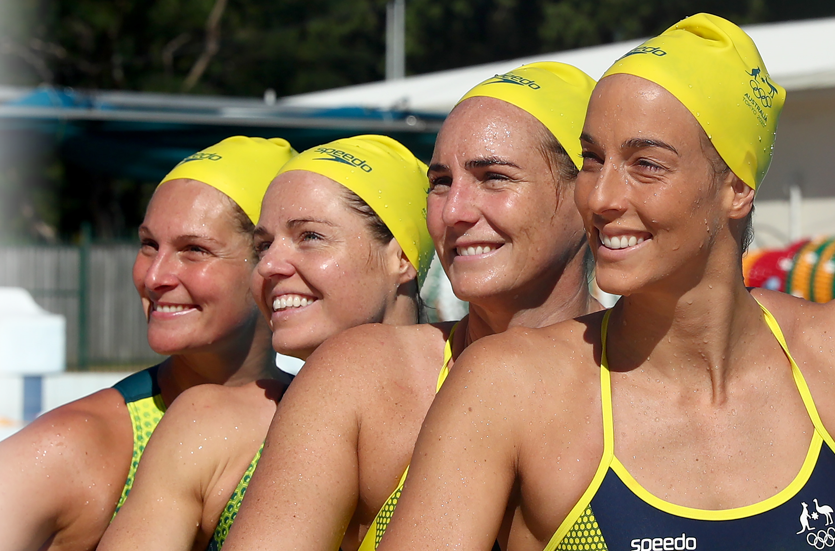23 July 2021
Almost 70 per cent of athletes competing at the Tokyo Olympics, and a large majority of para-athletes attending the Tokyo Paralympics, have received direct grants from the AIS in this Olympic and Paralympic cycle and the AIS looks forward to the next evolution of this vital dAIS program.

The dAIS scheme provides Olympic, Paralympic and Commonwealth Games athletes with direct financial support to enable them to focus on training and competitions so they can achieve their goals.
In 2020-21 alone, the AIS provided 1,448 payments to 827 athletes across Olympic, Paralympic and Commonwealth Games sports, with $21 million has been directed to Olympic athletes across the cycle.
We know this funding makes a big difference to athletes, as highlighted by Australian Olympic water polo player Lea Yanistas.
“I consider myself very fortunate to be able to play the game I love, despite the challenges the world faces. This support takes the edge off the financial burden my continuing on, places on my family. I look forward to continuing to represent Australia, in what I hope Tokyo grows to be - the greatest testament of human spirit in our recent times. I have also sent my thanks and gratitude Australian Water Polo. Sincerely thank you for your generous support and assistance.”
The AIS is also pleased to re-confirm that the Australian Government has committed funding to maintain current dAIS levels of $14.03 million a year through to the 2024 Paris Games.
Commonwealth Games Australia has also committed an additional $2 million for its Breakthrough2022 athlete support program, to be run by the AIS alongside dAIS. This is to support athletes specifically preparing for Birmingham 2022.
dAIS will continue to evolve after the Tokyo Olympics and Paralympics. The focus will shift more towards identifying and “awarding” athletes who can contribute to performance outcomes at the next pinnacle event, rather than a retrospective “reward” for past performance.
The revised dAIS scheme will align with the National Athlete Categorisation Framework and further details will be shared with athletes and sports after the Tokyo Paralympic Games.